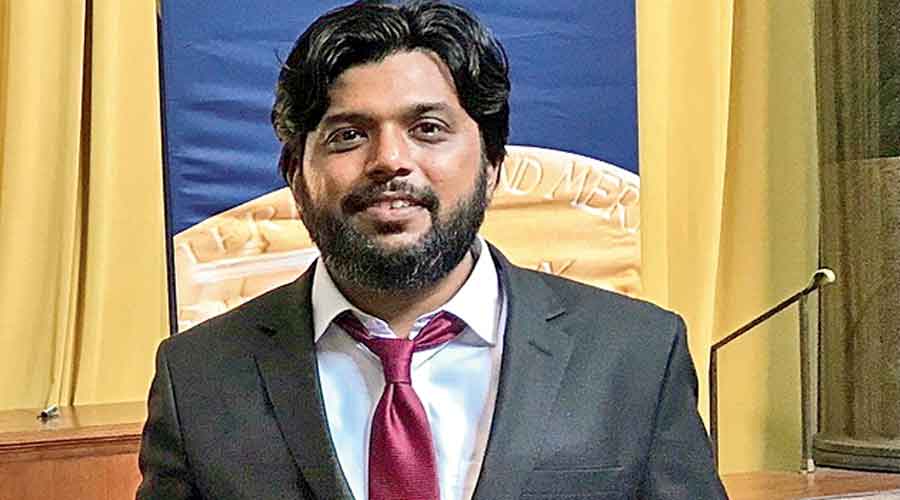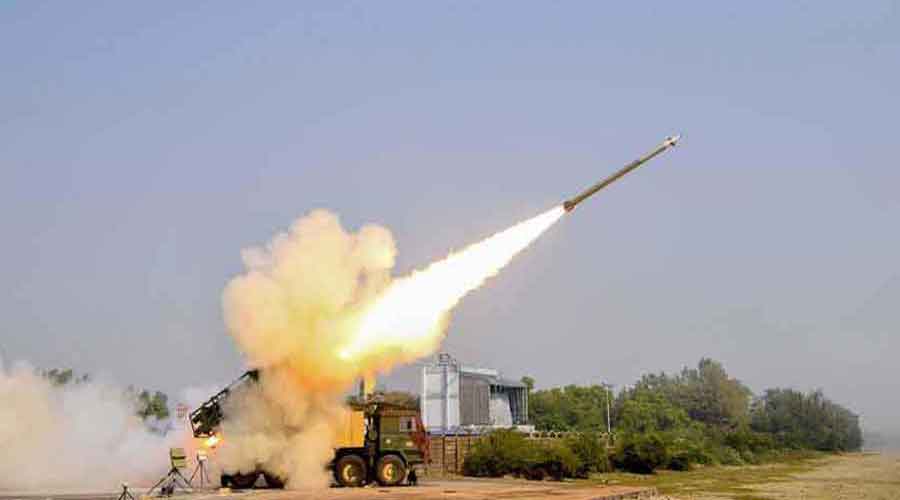The parents of Reuters journalist Danish Siddiqui, who was killed while reporting the civil war in Afghanistan last year, have complained to the International Criminal Court (ICC), accusing the Taliban of his murder.
Danish, Reuters chief photographer in India, was embedded with the Afghan Special Forces when he was killed in Kandahar’s Spin Boldak district on July 16, 2021.
The Taliban distanced themselves from his death, saying the circumstances under which it occurred were unclear. Several publications later reported that his body was mutilated.
In their communication to the ICC, Danish’s parents Shahida Akhtar and Mohammed Akhtar Siddiqui, retired dean of Jamia Millia Islamia and former director of the National Council for Teacher Education, have asked the ICC to prosecute six Taliban leaders and other unknown persons on 12 counts of crimes against humanity and war crimes under the Rome Statute, which Afghanistan signed in 2003.
India is not a signatory to the statute that created the ICC.
Danish’s Delhi-based parents cited news reports in their plaint to say that their son was murdered after the Taliban captured a mosque, where he was being treated for injuries, despite his jacket being marked with the word “PRESS” and him identifying himself as a journalist.
“The fact that he was a member of the Press could be clearly discerned from his person, and his outfit. He was also clearly identified as an Indian. Due to these two attributes, he was tortured, shot multiple times from up close and his body was mutilated,” the parents said in the plaint.
Filed with the ICC prosecutor and the victims unit, the plaint added: “…His visceral reportage of the resistance had gained him notoriety with the Taliban.”
Danish had won the Pulitzer Prize for Feature Photography in 2018 for his work on the Rohingya refugee influx in Bangladesh. He had chronicled the horror of Covid-19 in India with haunting images.
The perpetrators named in the plaint include the Taliban’s supreme commander and Afghanistan’s head of state Hibatullah Akhundzada, acting Prime Minister Hassan Akhund, acting first deputy Prime Minister Abdul Ghani Baradar, acting minister of defence Muhammad Yaqoob Mujahid, deputy minister of information and culture Zabihullah Mujahid, former Kandahar governor Gul Agha Sherzai, local commanders and members of the Taliban’s “Red Unit”.
The parents’ lawyer Avi Singh explained in an online news conference on Tuesday that although Sherzai joined the Taliban after Danish’s death, he was named because “…the leadership has superior responsibility under international criminal law for either failing to prevent or failing to punish”.
Singh added: “There is no evidence of credible investigation by the Taliban and we don’t have the confidence that there will be investigations as this is a policy… that the Taliban does not follow international criminal law with regard to war. They target civilians, use suicide bombers.”
He explained that the body was mutilated and was run over by a heavy vehicle in public. Danish’s body showed marks of torture and 12 bullet entry and exit points. The shots appeared to have been fired after his capture as his bullet-proof jacket had no bullet marks.
The Netherlands-based ICC is independent of the United Nations, although recognised by it, and distinct from the UN’s International Court of Justice. Although the ICC cannot order police action inside Afghanistan in pursuit of the investigation, it can curb the ability of the accused to travel outside the country.
Danish’s brother Omar said: “It has been quite painful all these months with what happened with Danish. We have not totally come out of what happened. We know it is a long journey but it is our moral obligation to pursue what happened to him, and the perpetrators should be brought to justice.”
The family will seek the cooperation of the Indian government, although it can do little in this case. India had condemned the killing in the UN.
However, Prime Minister Narendra Modi, who usually tweets condolences for eminent people, did not react to Danish’s death. Union information minister Anurag Thakur did.
Photographs of Danish lying on the ground with his flak jacket removed were shared on the Internet, some by Right-wingers celebrating the death of a photographer who also documented the mass cremations during the pandemic.











